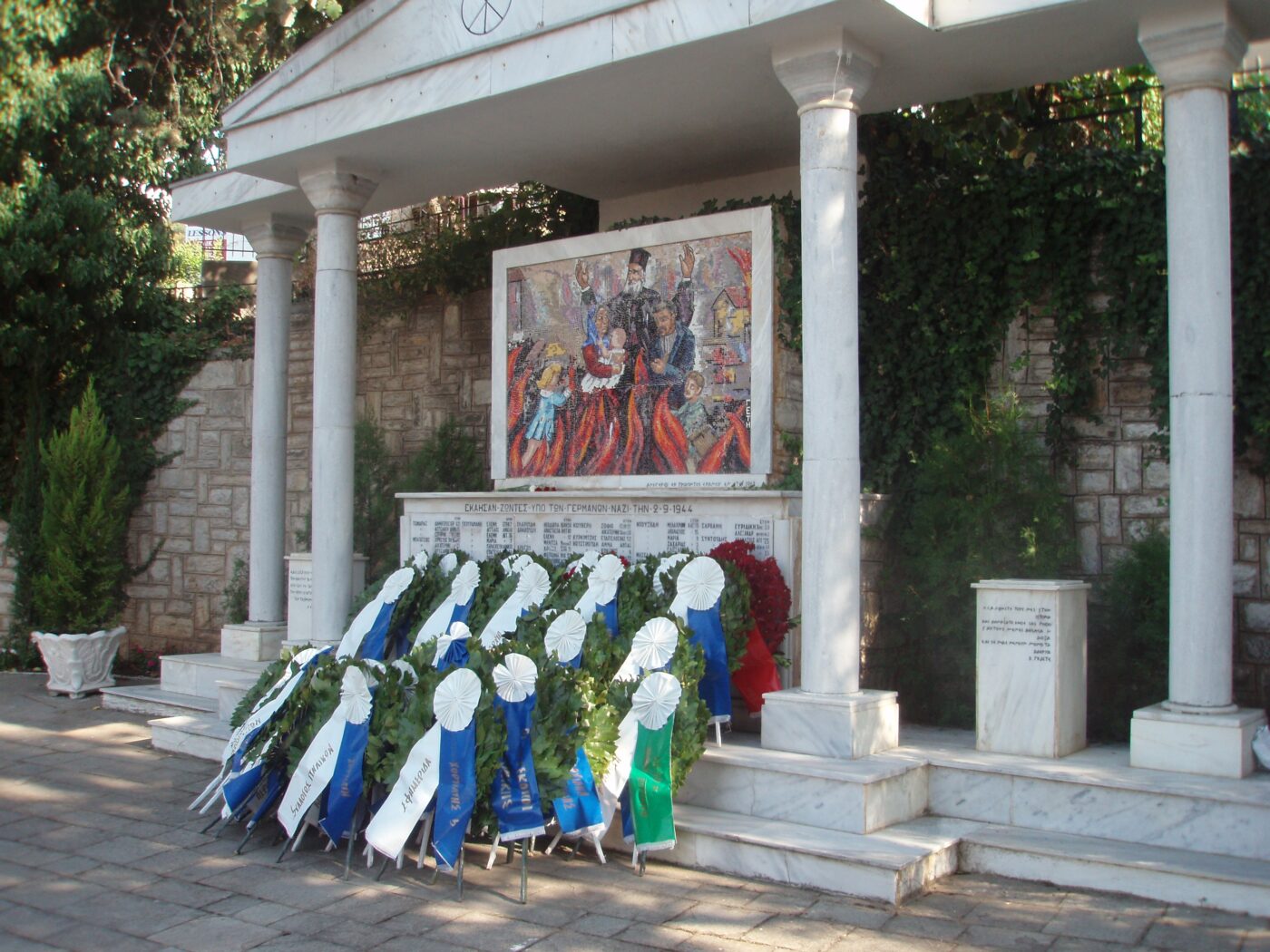It would be accurate to describe The Stories Behind Their Names as a travel poem in the emotional sense of that word, as in dipping in and out of geography and time so as to explore other vewpoints on the cartography of trauma. The brutal massacre in Hortiatis, Northern Greece, before the departure of the Nazis in 1944, is only one of the windows into human cruelty. Among the victims were members of my family, and though it haunted my childhood imagination, my grandfather’s unwillingness to recall that time introduced me to questions about the tyranny of memory and his generation’s duty of silence. At a time when our sense of common humanity sounds so disturbing in the ears of the world’s most powerful men, it’s important to remember that our point of view is the length we can go to claim our own story and shape our destiny.
Gianni Skaragas works in the spaces where fiction and poetry intersect. His work has been published in numerous journals including World Literature Today, American Chordata, The Tower Journal, Copper Nickel, LCB Diplomatique, and elsewhere. He has received awards and fellowships in the United States, Europe and Asia.
The stories behind their names
My son kneels beside the marble wall to read
their names, they are dead he says – dead
in the way that letters are called dead
addressed improperly or incompletely
as illegible, as undelivered, as forgotten
he is learning how to change the form
of words from verbs to adjectives, unable
to escape, they were burned alive in a bakery,
he asks where in the brain are memories
stored, and how can you trust the shape of things
that burn with no flames visible. Scars
require treatment, but what’s the meaning
when the skin repairs itself. Time grows
new tissue to pull together the wound
and fill in any gaps caused by life
an hourglass disguising a ridge
an ended track branching off to the left
the swooping semicircular heart line’s crease
behind a door always open a crack.
A scar is also a thing that fades and shrinks.
Their last names catch his attention, family
he wonders if they are watching him from
above, he seems amused when I pronounce
Hortiati, but where was your grandfather
really from, he asks what if you knew
I’d be the last to remember you, could
you describe the first spark and smoke
what would a bakery on fire look like
if you soared into the sky, parallel
to fireworks and peregrines, the failed
part of a magic trick, the souls of our fathers
they fly in circles either to the left or to
the right, like endless curtains parting
knowing how things happen even
without knowing why, memory works
like this: The boy combs my hair
to show respect and when he removes it
the warmth stays, the thrum of his lips
on my forehead, the story behind my name
hovering around his mouth, we speak
the same language in the right moment
when the wind gust rises and dies, when his
body warms to the light, he will
understand my accent, the flames,
that everyone has their time, what lies
between his skinny arms and the sky,
the reason of the monster, what’s not
allowed to say, names of the mourners
as well as the silent.
